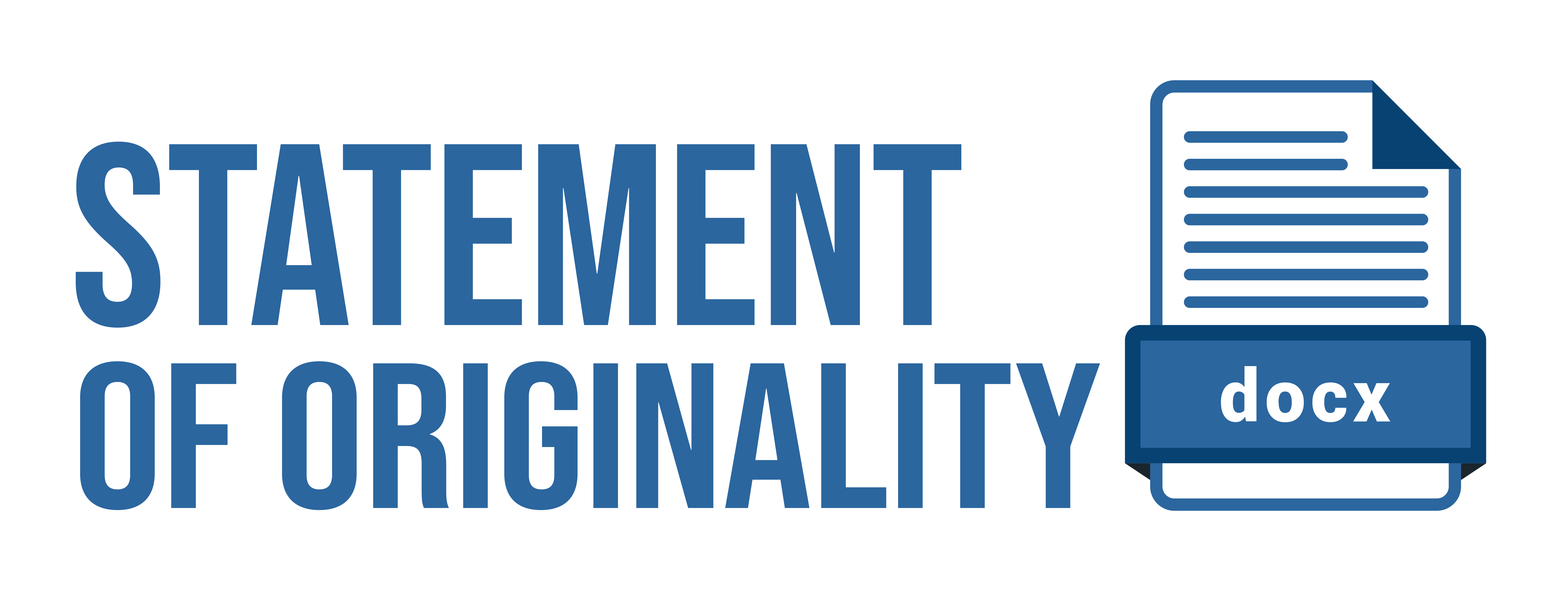RELEVANSI DLARÛRAH DENGAN RUKHSHAH DALAM PENETAPAN HUKUM SYARA‘
DOI:
https://doi.org/10.15575/as.v18i1.658Keywords:
'Azimah, Dlarurah, Rukhshah, Hukum Syara'Abstract
Dlarûrah is the arrival of a grave danger conditions in human beings, which makes him worry about the damage or something that hurts the soul, limbs, mind, wealth and related to it. When it had to do something that is forbidden or required to leave, or to delay its implementation in order to avoid the difficulties that can befall her prediction for not out of the conditions specified by syarak. When that person is allowed to take the law of rukhshah, which is a relief given by God as a legislator to mukallaf either in the form of implementing something that is forbidden or in the form of leaving something that was ordered. As scavengers in urgent situations that when someone does not find food and left fasting in for a sick person. In this case a person may move from the provisions of general law called ‘azimah and moved to the legal relief referred rukhshah. Therefore dlarûrah is absolutely related with rukhshah, because dlarûrah is not a law, but left dlarûrah law is a trait that allows mukallaf leave ‘azimah and take rukhshah law in which the provisions are measured in accordance with dlarûrah.
Downloads
Published
How to Cite
Issue
Section
Citation Check
License
The author whose published manuscript approved the following provisions:
- Authors retain copyright and grant the journal right of first publication with the work simultaneously licensed under a Attribution-ShareAlike 4.0 International (CC BY-SA 4.0) License that allows others to share the work with an acknowledgment of the work's authorship and initial publication in this journal.
- Authors are able to enter into separate, additional contractual arrangements for the non-exclusive distribution of the journal's published version of the work (e.g., post it to an institutional repository or publish it in a book), with an acknowledgment of its initial publication in this journal.
- Authors are permitted and encouraged to post their work online (e.g., in institutional repositories or on their website) prior to and during the submission process, as it can lead to productive exchanges, as well as earlier and greater citation of published work (See The Effect of Open Access).






